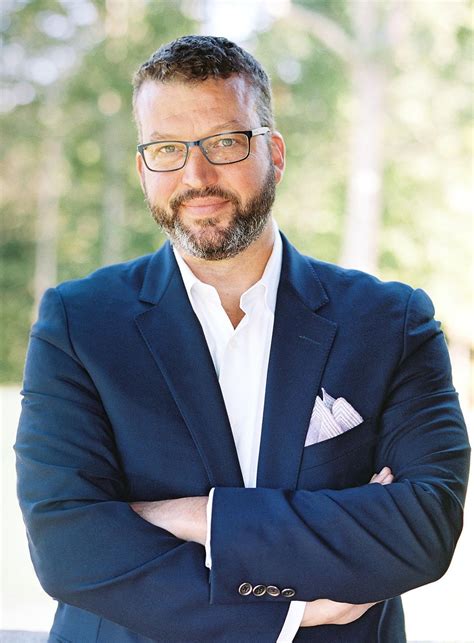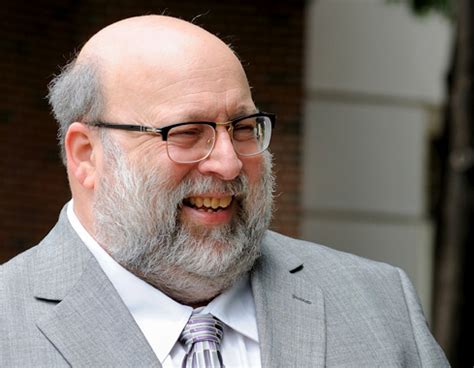A Quote by Daniel Suarez
At issue is not whether the global economy will pass away. It is passing away. Rising populations and debt combined with depletion of freshwater sources and fossil fuel make the status quo untenable. The only question is whether civil society will survive the transition.
Related Quotes
When Cuba lost their fossil fuel pipeline when the Soviet Union collapsed in 1990. Overnight they had no choice, they had to transition to clean energy, they didn't have any fuel to burn, and they also had to transition to a healthy food system, an organic system - their economy is crashing, this was not a planned transition. This was a crisis, but a crisis nonetheless, in which pollution went away. And it's very instructive to see what happened to their health.
...trying to predict whether global warming will moderate the next ice age is not only impossible but irrelevant. It doesn't help us get through the next few centuries. And one can only imagine our future, shivering, ice age descendants cursing us for leaving them no fossil fuel to create a global warming "greenhouse" effect when one is really needed.
In order to truly get deficit spending and federal debt under control, the Trump administration is going to have to eventually address entitlement reform. If not, Trump will not only become part of the Washington status quo on the issue, but will leave burdensome and expensive problems for future generations.
We need to be clear that there is no such thing as giving up one's privilege to be 'outside' the system. ONE IS ALWAYS IN THE SYSTEM. The only question is whether one is part of the system in a way which challenges or strengthens the status quo. Privilege is not something I take and which I therefore have the option of not taking. It is something that society gives me and unless I change the institutions which give it to me, they will continue to give it, and I will continue to have it, however noble and egalitarian my intentions.
We have many advantages in the fight against global warming, but time is not one of them. Instead of idly debating the precise extent of global warming, or the precise timeline of global warming, we need to deal with the central facts of rising temperatures, rising waters, and all the endless troubles that global warming will bring. We stand warned by serious and credible scientists across the world that time is short and the dangers are great. The most relevant question now is whether our own government is equal to the challenge.
The issue is not whether there are horrible cases where the penalty seems "right". The real question is whether we will ever design a capital system that reaches only the "right" cases, without dragging in the wrong cases, cases of innocence or cases where death is not proportionate punishment. Slowly, even reluctantly, I have realized the answer to that question is no- we will never get it right.



































